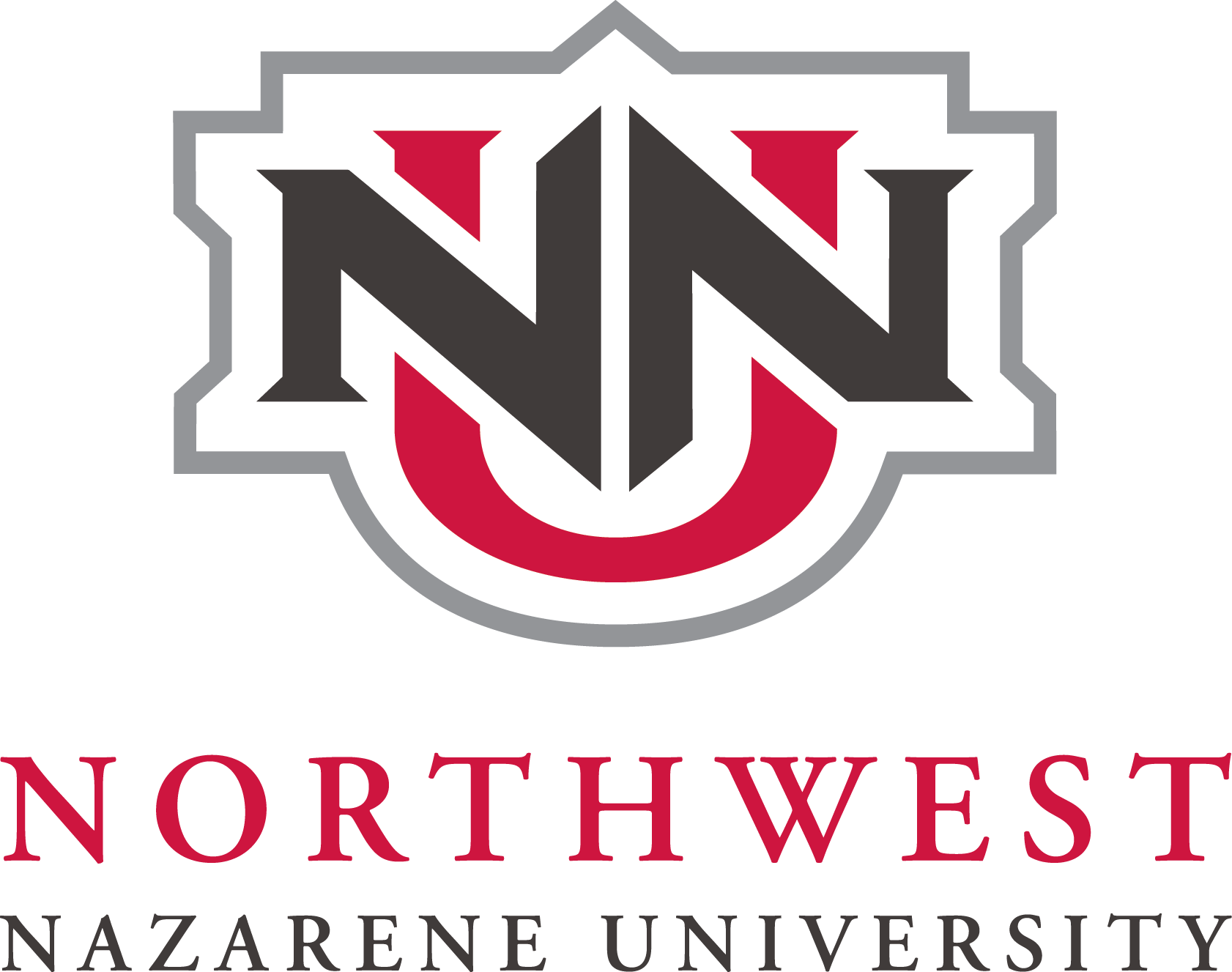You’ve accomplished so much! Your bachelor’s degree has probably opened doors of opportunity you never dreamed of. Now you’re thinking about adding a graduate degree. But should you go for it?
After all, you’re already juggling career goals and personal commitments. But you must want to expand your knowledge, and you obviously have a desire to improve yourself, or you wouldn’t be reading this. So is a new degree really worth the investment of time, energy and resources? The answer—supported by real data and an understanding of what fosters a fulfilling life—is a resounding yes. Getting a graduate degree is a smart move!
A graduate degree is more than a credential; it’s a catalyst for personal evolution. It can improve your mental well-being and be a clear accelerator for your earning potential. (Pro tip: you can actually make more money with a graduate degree.) Let’s explore why an advanced degree could be the most strategic decision you make for your future.
The Unseen Transformation:
Personal Growth and Mental Well-being
Embarking on a graduate program can be a transformative experience. It can push you beyond your established comfort zones, improve your critical thinking skills and cultivate intellectual curiosity. But this journey, while academically stimulating, also directly contributes to personal growth. Surprisingly, it can even enhance your long-term mental well-being.
Benjamin Franklin famously observed, “An investment in knowledge always pays the best interest.” This adage still rings true today. The intrinsic value of what you gain by attaining a graduate degree is clear. You immerse yourself in subjects you are passionate about and develop expertise that positions you as a true authority in your chosen field. This deeper understanding and mastery not only boosts your confidence—it also ignites a profound sense of fulfillment.
Plus, the structured pursuit of knowledge and the achievement of realistic, progressive goals can give you a renewed sense of purpose and direction. Even more, the focused engagement can significantly enhance your internal motivation so that you feel—and act—accomplished! Of course, graduate school can present unique stressors, but the immense sense of accomplishment that you feel is such an important part of the process. As you successfully navigate intellectual challenges, you’ll be empowered when you master complex subjects and contribute to original thought. (Strike your hero pose now!)
Besides, earning a graduate degree can help align your professional endeavors more deeply with your core passions and interests. This can lead to greater job satisfaction, and by extension, improved mental well-being. A deeper, more meaningful engagement with your work can transform it from an obligation into a source of genuine intellectual stimulation and personal satisfaction.
The Tangible Rewards: Compensation Growth Potential
But in addition to your personal and intellectual development, a graduate degree can give you a clear advantage in your profession, particularly when it comes to compensation and career trajectory. The data consistently demonstrates that advanced education directly correlates with higher earning potential and greater career stability.
According to the most recent data from the U.S. Bureau of Labor Statistics (BLS), individuals holding a master’s degree earned a median weekly income of $1,737. This is significantly higher than the $1,493 median weekly earnings for those with only a bachelor’s degree. Annually, this translates to approximately $90,324 for master’s degree holders compared to $77,636 for bachelor’s degree holders. Over the span of a full career, this difference can amount to hundreds of thousands of dollars in increased lifetime earnings, representing a substantial return on your educational investment.
Moreover, a graduate degree is often the key that unlocks doors to specialized leadership, and senior-level positions. These are typically out of reach without advanced credentials. Consider fields such as computer and information research scientists (with a median salary of $145,080 in 2023), nurse practitioners ($126,260) and physician assistants ($130,020). Are you beginning to see the significant earning potential directly associated with advanced degrees in high-demand fields?
A graduate degree can also provide a crucial competitive edge in an increasingly competitive job market, too. You are showing employers that you possess specialized knowledge, highly developed analytical and problem-solving skills and a commitment to your own learning and professional excellence. This makes you more valuable, which can lead to faster career advancement, greater influence, and enhanced job security. As the BLS data consistently indicates, unemployment rates significantly decrease with higher levels of education. Master’s degree holders generally experience a notably lower unemployment rate (2.0%) compared to bachelor’s degree holders (2.2%).
Shape Your Life
The decision to pursue a graduate degree is deeply personal. It’s a decision only you can make and requires careful consideration of your own circumstances and aspirations. However, the evidence overwhelmingly suggests that this investment consistently yields substantial returns—both in personal fulfillment and tangible financial gains.
The bottom line? Earning an advanced degree is about much more than securing a job or making more money; it’s really about shaping the life you want. If you want meaningful impact coupled with personal and professional growth, get that new degree!
NNU is a great place to pursue your dream. Here’s where you can find information about NNU’s graduate and professional programs.








